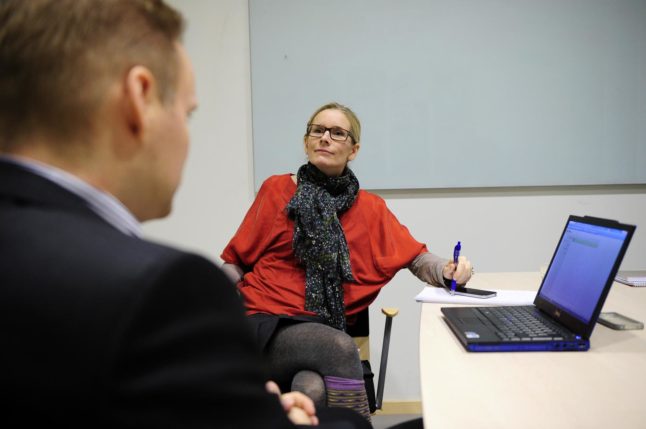The new Work Life study has interviewed 12,000 people who have answered the question – What is the most important in a future job?
The greater challenge was the answer cited by 21 percent of all those responded to the survey.
The survey also shows the importance of a job’s content increases through the age groups, with 26 percent of those born in the 1940s citing the challenge as the most important factor. The equivalent figure for those born in the 1980s and 1990s is 16 percent.
Only 16 percent of respondents cited pay as the most important factor when considering a new job, the survey shows.
“The survey shows that most Swedes want a job that develops, is stimulating and which engages, regardless of the branch in which one works. If as an employer you can offer this then it is easier to attract qualified staff in future recruitment,” said Peter Lundahl, CEO at Manpower Sweden in a statement.
Pay remains an important factor however, especially for men, the survey shows, with 17 percent of male respondents citing higher pay as the most important factor in a new job. The equivalent figure for women was 15 percent.
Those working within the healthcare sector placed greater emphasis on pay that in other sectors, the survey shows.
Other factors of importance among respondents in the survey were competence development, with 16 percent of respondents, followed by career possibilities on 12 percent, better working environment 8 percent, more responsibility 4 percent, better boss 3 percent and better perks 2 percent.


 Please whitelist us to continue reading.
Please whitelist us to continue reading.
Member comments